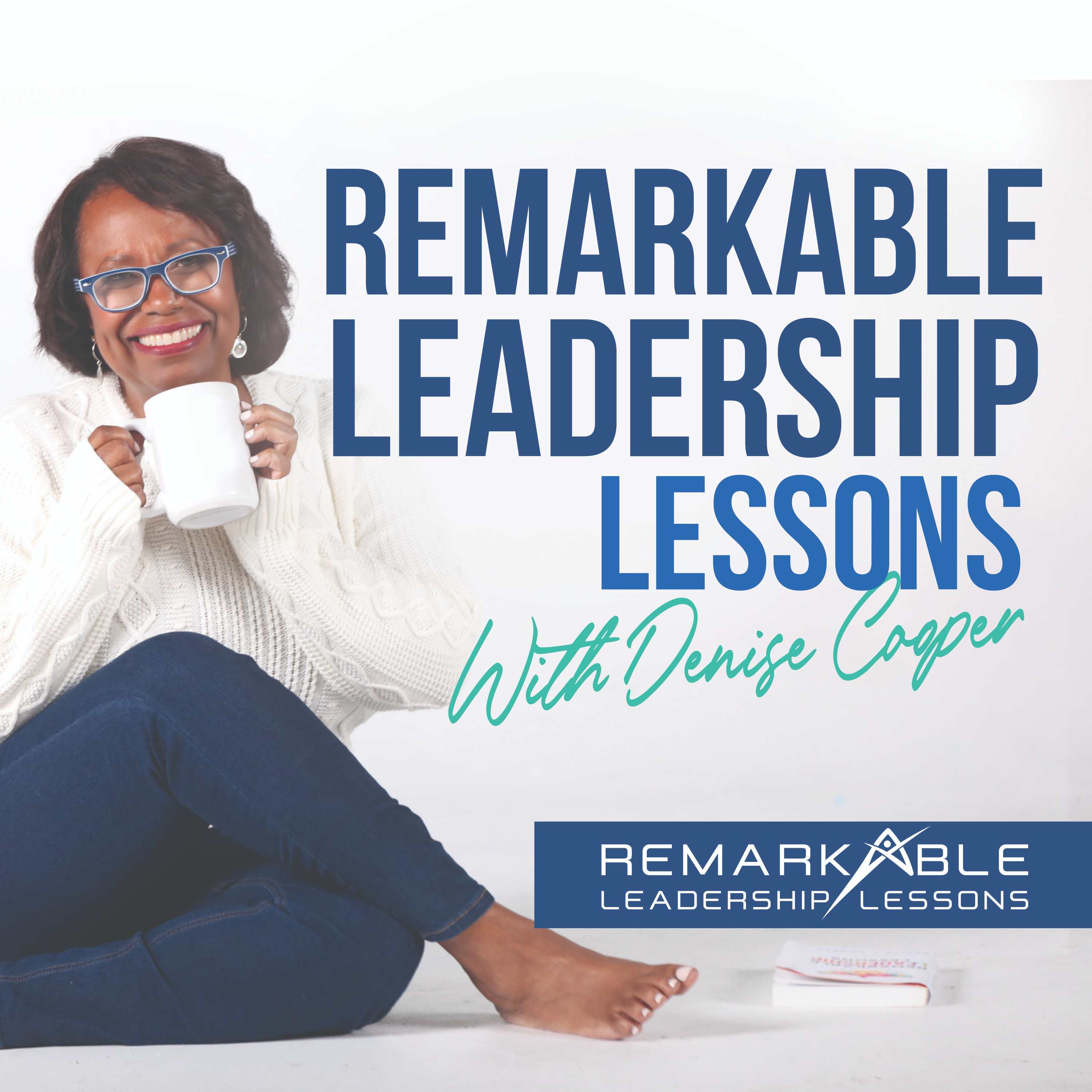The Science of Employee Motivation with Pamela Brooks Richard (Ep 135)
How do you show your teammates recognition?
In this insightful episode, host Denise Cooper is joined by Pamela Brooks Richards, an expert on change management. In this interview, Brooks-Richards gives us a deep dive look into the role that employee recognition plays in sustaining motivation over time.
Pamela also shares her thoughts on the importance of celebration in overcoming challenges in our professional lives and how recognition and rewards play a crucial role in fostering a positive work environment.
When an organization invests in celebrating its employees and recognizing their accomplishments, it fosters a positive work environment, which can lead to increased employee satisfaction, productivity, and loyalty.
Pamela shares examples of how even small acts of recognition and appreciation can have a significant impact on employee morale and overall organizational success.
Join us for this enlightening discussion with Pamela Brooks Richards and learn how to harness the power of celebration and recognition to overcome challenges and create a thriving professional life.
THE FINER DETAILS OF THIS SHOW
- What is the difference between recognition and rewards? [03:19]
- How do we show our team members that they are valued? [06:10]
- How do the 5 languages of appreciation show up in the ways that we show up for our employees? [10:56] [17:30]
- What are the benefits of co-regulating with our team members? [21:55]
- What are the benefits of tying positive behaviors to negative emotions? [34:29]
KEEP UP WITH PAMELA BROOKS-RICHARDS
https://www.linkedin.com/in/ccsuccess
EPISODE RESOURCES
- Join the Remarkable Leadership Lessons Community Now
- Visit the Remarkable Leadership Lessons Site
- Got questions? Send them here
- Interested in being a guest? Schedule an introduction call!
- Subscribe on Apple Podcasts, Spotify, or Google Podcasts, and leave us a rating or review
PAMELA BROOKS-RICHARDS BIO
Pam is known for her passion for people and facilitating positive change for anyone in need with an open mind. She enjoys being an executive coach and helping people discover their strengths to make life transformations. Pam has helped design and run several leadership programs at ASU and continues to help organizations with executive staffing and teambuilding. She appreciates her many opportunities to work with others and being a part of their discovery process, including running Brené Brown’s Dare to Lead™ program as a Certified Facilitator and running Conversational Intelligence™ by Judith Glaser.
Pam's passion for performance grew throughout her athletic career and playing volleyball for the University of Washington. She studied organizational and interpersonal development in her first masters and counseling in her second. She uses her assessment tools and understanding of people to create workshops and experiences that can create transformational performance breakthroughs for both individuals and teams. She loves all the work coming out of neuroscience today and what actually leads to better performers and what helps us enjoy life to the fullest.
She has presented to large groups, such as the Philip 66 – International Conference and Baxter Asia Pacific's International Strategic Thinking Workshop in Shanghai. She has facilitated large groups in Dare to Lead ™ and been a part of the smaller conferences such as BADD, 101 Black Women's Coalition, and ASU's Commission on the Status of Women and is a Master SPARK facilitator for ASU.
In her spare time, she loves to ride her bike, hiking, sailing and even playing a bit of golf now with her husband


